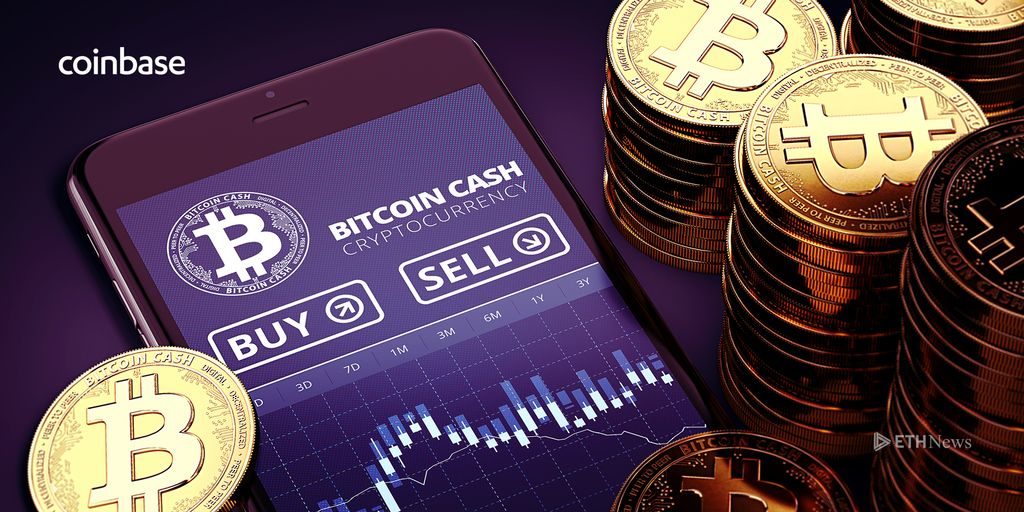./
Last week, the Securities and Exchange Commission announced it had settled charges against two companies that sold digital tokens in an initial coin offering: Airfox, which raised $15 million to develop blockchain technology for ad targeting, and Paragon , which raised $12 million to develop blockchain for the cannabis industry. Airfox and Paragon must offer investors their money back, register their tokens as securities and file quarterly reports, and pay a $250,000 fine.
The public disclosure of the action against Airfox and Paragon is new territory for the SEC.
Prior to this, in the small handful of cases where the agency has publicly announced action against ICOs, the violation has always been some form of fraud in the way the company marketed its ICO. Last year, the SEC shut down the $15 million ICO of Munchee because Munchee promised its token would go up in value; in January the SEC shut down the $600 million ICO of AriseBank for falsely stating it had bought an FDIC-insured bank; in April the SEC shut down the $32 million ICO of Centra for using “misleading marketing” and “paid celebrities” to make false claims.
This time, as the SEC explains in its own press release, “These are the Commission’s first cases imposing civil penalties solely for ICO securities offering registration violations… Neither Airfox nor Paragon registered their ICOs pursuant to the federal securities laws, nor did they qualify for an exemption to the registration requirements.
”
Translation: The SEC thinks almost all token sales are securities offerings, and need to be registered accordingly or qualify for an exemption .
( The exemptions include selling only to investors outside the U.
S., or selling only to accredited investors , which are people with income higher than $200,000 or a minimum net worth of $1 million.) By forcing Airfox and Paragon to refund their token sales, the SEC is putting every company that did an ICO on alert, because the vast majority of them did exactly what those two companies did.
Tokens = securities None of this should come as a surprise to anyone who has been paying attention.
Yahoo Finance reported last month , in a joint investigation with Decrypt , that the SEC has been aggressively expanding its crackdown on ICOs behind closed doors, approaching companies that offered token sales and didn’t register them, and threatening enforcement action. Now, with its announcement of the action against Airfox and Paragon, the SEC is bringing its crackdown out into the open.
In June, William Hinman, the SEC’s director of corporation finance, moved crypto markets when he suggested at Yahoo Finance’s All Markets Summit that the SEC does not view the cryptocurrency ether as a security.
The crypto community celebrated.
But not enough people focused on the rest of his comments: that new tokens offered in ICOs are likely securities, regardless of what label the company uses for its sale. “Calling the transaction an initial coin offering, or ‘ICO,’ or a sale of a ‘token,’ will not take it out of the purview of the U.S. securities laws,” Hinman said.
Even a full year before that, in July 2017, the SEC announced that it viewed the tokens offered by The DAO, an ICO that raised more than $150 million in 2016, as securities.
And now, in its latest action, the SEC’s press release specifically states that Airfox and Paragon “conducted ICOs in 2017 after the Commission warned that ICOs can be securities offerings in its DAO Report.” It is abundantly clear that the SEC views its 2017 guidance on The DAO as a seminal turning point, and all companies that conducted ICOs after that time, and didn’t register them, are in trouble.
SEC director of corporate finance William Hinman at Yahoo Finance’s All Markets Summit: Crypto in San Francisco on June 14, 2018. (Jeremy Waldorph/Oath) More Meanwhile, the bursting of the ICO bubble is just one reason the crypto market has suffered in 2018. Many of the companies that conducted ICOs dumped the ether they raised; big institutions have pulled back on crypto plans ; and this month, the bitcoin cash hard fork has generated additional bearishness..
